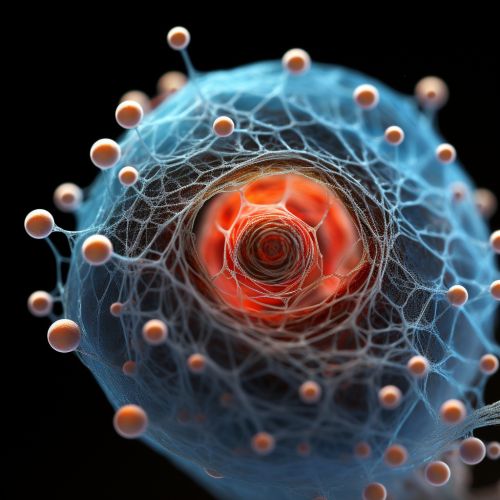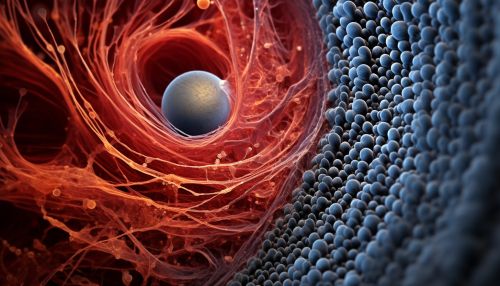Embryonic stage
Overview
The embryonic stage, also known as embryogenesis, is a crucial phase in the developmental biology of multicellular organisms. This stage encompasses the period from fertilization to the formation of the basic structure of the organism, which in humans, extends from the first to the eighth week of gestation. Embryogenesis is characterized by rapid cell division, differentiation, and morphogenesis, leading to the formation of various organs and tissues.
Fertilization and Zygote Formation
Embryogenesis begins with the process of fertilization, where a sperm cell from the male unites with an egg cell from the female to form a single cell called a zygote. The zygote contains a complete set of genetic material, half from each parent, and is the starting point for the development of a new individual.


Cleavage and Blastocyst Formation
Following fertilization, the zygote undergoes a series of rapid cell divisions in a process known as cleavage. This results in a multicellular structure called a morula, which then develops into a hollow ball of cells known as a blastocyst. The blastocyst consists of an outer layer of cells, the trophoblast, which will form the placenta, and an inner cell mass, which will develop into the embryo.
Gastrulation
The next major phase of embryogenesis is gastrulation, during which the inner cell mass of the blastocyst rearranges into three primary germ layers: the ectoderm, mesoderm, and endoderm. These germ layers will give rise to all the tissues and organs of the body. The ectoderm forms the nervous system and skin, the mesoderm forms the muscles, skeleton, and circulatory system, and the endoderm forms the digestive and respiratory systems.
Organogenesis
Following gastrulation, the process of organogenesis begins. During organogenesis, the germ layers further differentiate and develop into the various organs and tissues of the body. This process involves complex interactions between cells, guided by genetic instructions and environmental cues. By the end of organogenesis, the basic structure of the organism is established, and the embryonic stage gives way to the fetal stage.
Factors Influencing Embryogenesis
Embryogenesis is a tightly regulated process, influenced by a variety of factors. These include genetic factors, such as the genes inherited from the parents, and environmental factors, such as the mother's health and exposure to certain substances. Disruptions in embryogenesis can lead to developmental abnormalities and birth defects.
